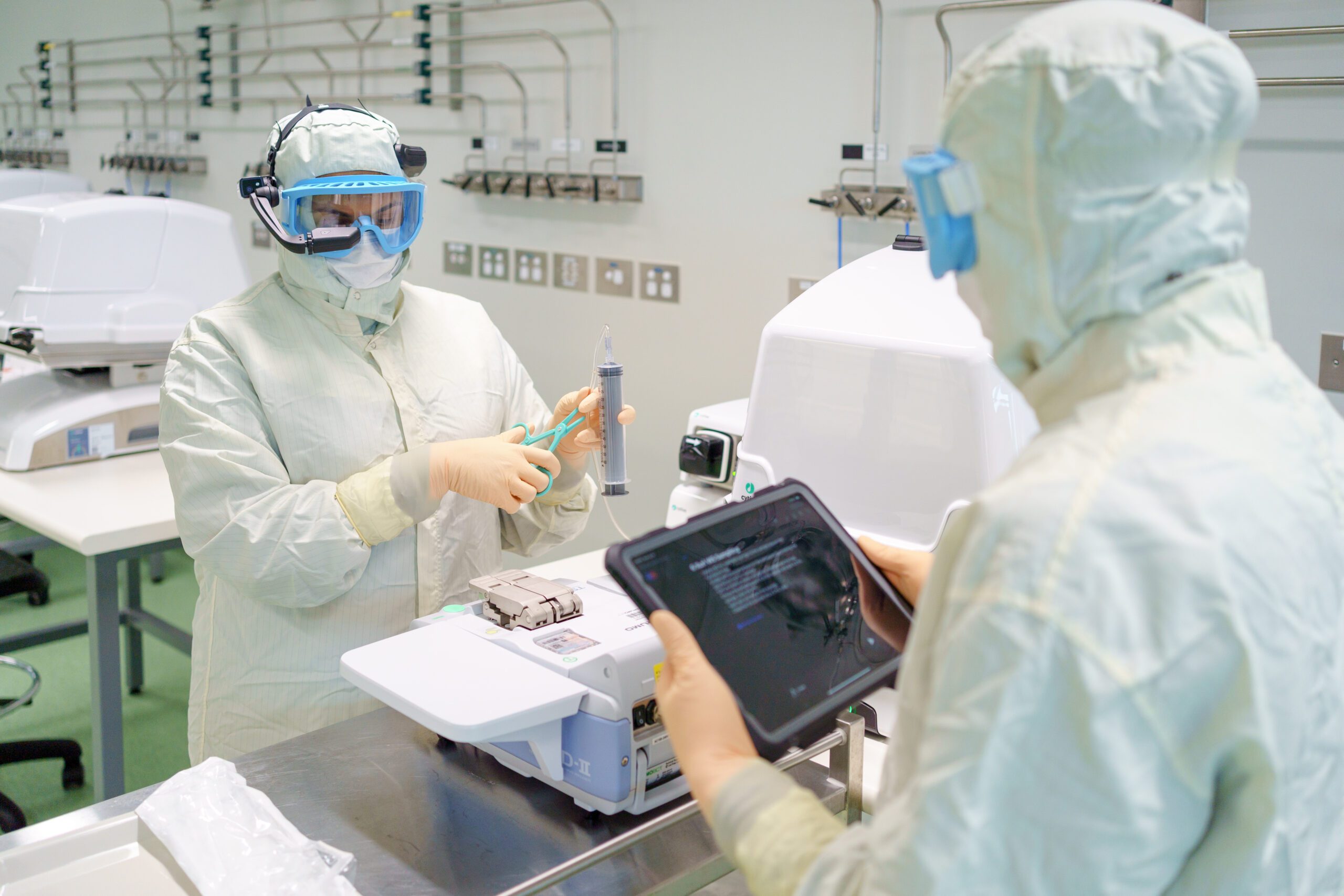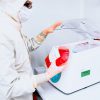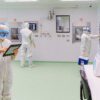Quality Assurance: The Importance of Robust Investigations
Quality Assurance (QA) is a broad process that describes the systematic efforts taken to assure that the products we manufacture meet quality, safety, performance, and reliability parameters. QA aims to prevent defects and quality failures across all stages of a product’s development from production through testing to packaging and delivery.
In pharmaceuticals, specifically CAR-T manufacturing, the role of a Quality Assurance Specialist is paramount in ensuring patient safety and product quality. QA depends on attentive management and careful examination of manufacturing issues. Managing administrative and procedural activities implemented through our Quality Management System, addressing the underlying source of unplanned changes, and managing defects are crucial to provide lifesaving therapies.
Robust investigations and continuous improvement processes are essential elements of a healthy quality culture. Let us delve a little into the need for and the value of in-depth investigations.
-
Patient Safety: The Goal
In the case of CAR-T, these therapies are personalized treatments for cancer and even minor deviations can have serious repercussions for the patient. In QA terms, a deviation is a change from specified quality standards or an established process. While they can be intentional or unintentional, they can often occur at any stage of a production process and require immediate attention.
A well-conducted investigation helps us identify the root cause of the deviation, assessing its impact, preventing its recurrence, and ensuring the patient’s well-being. This aligns with the regulators focus on ensuring the quality, safety, and efficacy of these therapies.
-
Efficient and Economic: Cascading Benefits of Quality Investigations
Manufacturing issues can be expensive and can potentially cause delays and product discards. By effectively identifying the root cause through an effective investigation, we can implement targeted corrective and preventive actions (CAPAs). This saves critical time and resources by streamlining production processes and averting future issues.
-
Establishing a Culture of Quality: Learning from Deviations
A thorough investigation promotes a culture of quality among personnel. Investigating the “why” of a deviation yields insightful information. Manufacturing Scientists and Quality Control Analysts are the backbone of our manufacturing processes, and their firsthand observations are invaluable. The transparency of their feedback is instrumental in uncovering the root cause and preventing future issues. Collaborative analysis of the insights gained from deviations leads to improved procedures and a deeper understanding of potential risks.
Conclusion
Without the critical thinking and proactive response of everyone involved in the investigative process and the expert guidance of Quality Assurance, the resulting therapeutic product would not achieve the standards needed for patient delivery. Embedding and enabling a good quality culture within the organization ensures the safety, quality, and efficacy of these critical, life-saving treatments for patients.
Written by Sarah Mannsour with the CTPL Marketing Department.







